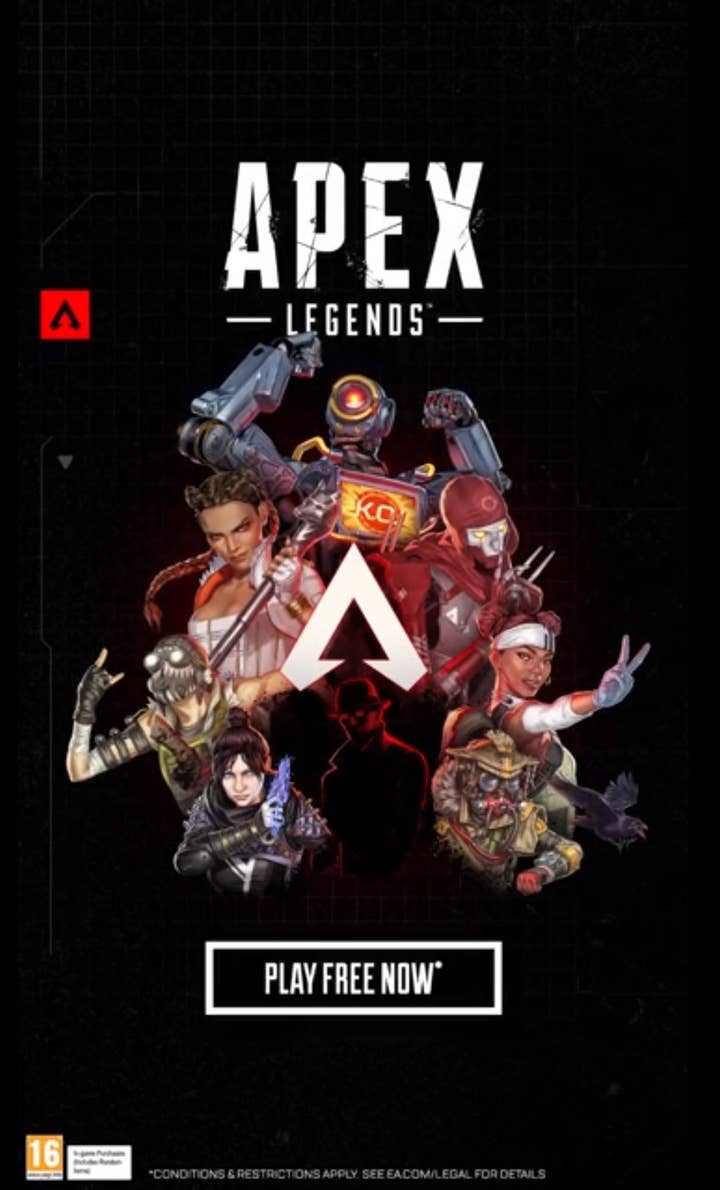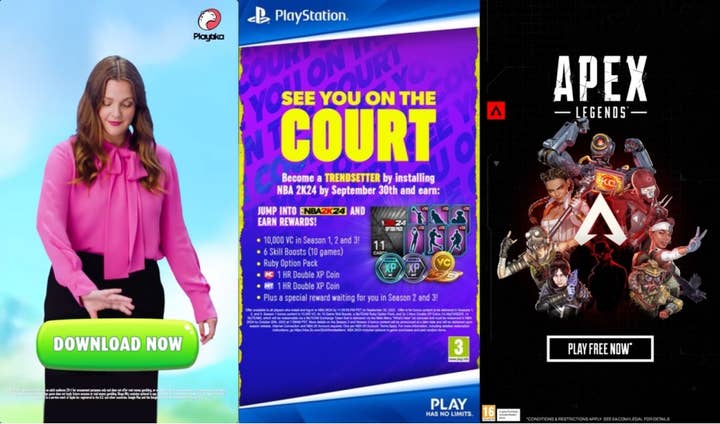Study finds most social media ads ignore loot box label requirements
Only 7% of ads for loot box games on Facebook, Instagram, Messenger and TikTok disclose loot boxes as required
Loot box researcher Leon Xiao has released the results of his latest study into loot box advertising, which found that ads for games on social media routinely run afoul of UK and EU regulations when it comes to disclosing the presence of loot boxes, or even in-game purchases of any kind.
Using a list of games known to have loot boxes that he had prepared for a previous study, Xiao combed through Meta's ad library (covering its Facebook, Instagram, and Messenger platforms) and found 188 ads for 63 different games featuring loot boxes.
Only 11% of those ads properly gave notice that the game contained in-game purchases, and just 7% noted that the game contained loot boxes. What's more, games were often inconsistent in making such disclosures. Only one game, Elder Scrolls Online, disclosed both in-game purchases and loot boxes in every ad it ran.
The situation on TikTok was largely similar. Going through TikTok's own ad library, Xiao sorted the ads with the greatest number of impressions on the service until he had 100 ads relating to games containing loot boxes. Only 7% of those ads disclosed the presence of loot boxes.
Xiao found 130 ads relating to games that had in-game purchases of any sort, and only found nine (6.7%) that were properly labelled.
In both instances, every properly labelled ad on TikTok was for a game by Electronic Arts, while a host of big titles from Activision Blizzard, Sony, Take-Two Interactive, Warner Bros. Games, and Ubisoft neglected to make such disclosures.
However, Xiao did not hold up Electronic Arts as the model to follow for proper disclosure. He noted that in many cases, the disclosures being made were briefly flashed on screen in tiny text that was hard to read without pausing and zooming in, which can be impossible to do on those platforms.

Xiao singled out an Electronic Arts ad for Apex Legends. While he applauded its use of the familiar PEGI logo and content descriptor box for the ad, he noted that it is small, placed in a corner where it may be blocked by UI elements, and is so low resolution that the content descriptors in the original advertising image provided to TikTok are basically unreadable.
"When the mandatory disclosures are made so poorly (such that many consumers would not in fact be able to read and understand them), it would be open to advertising and consumer protection regulators to opine that such disclosures, despite technically having been made, would nonetheless remain non-compliant with the disclosure requirements because they were made so ineffectively," Xiao said.
The UK's Committee of Advertising Practice published guidelines in 2021 that specifically state ads for video games must disclose whether they have in-game purchases, and loot boxes specifically.
The European Commission has similarly said that the EU Unfair Commercial Practices Directive requires disclosure of randomized paid content like loot boxes.







.jpg?width=291&height=164&fit=crop&quality=80&format=jpg&auto=webp)

